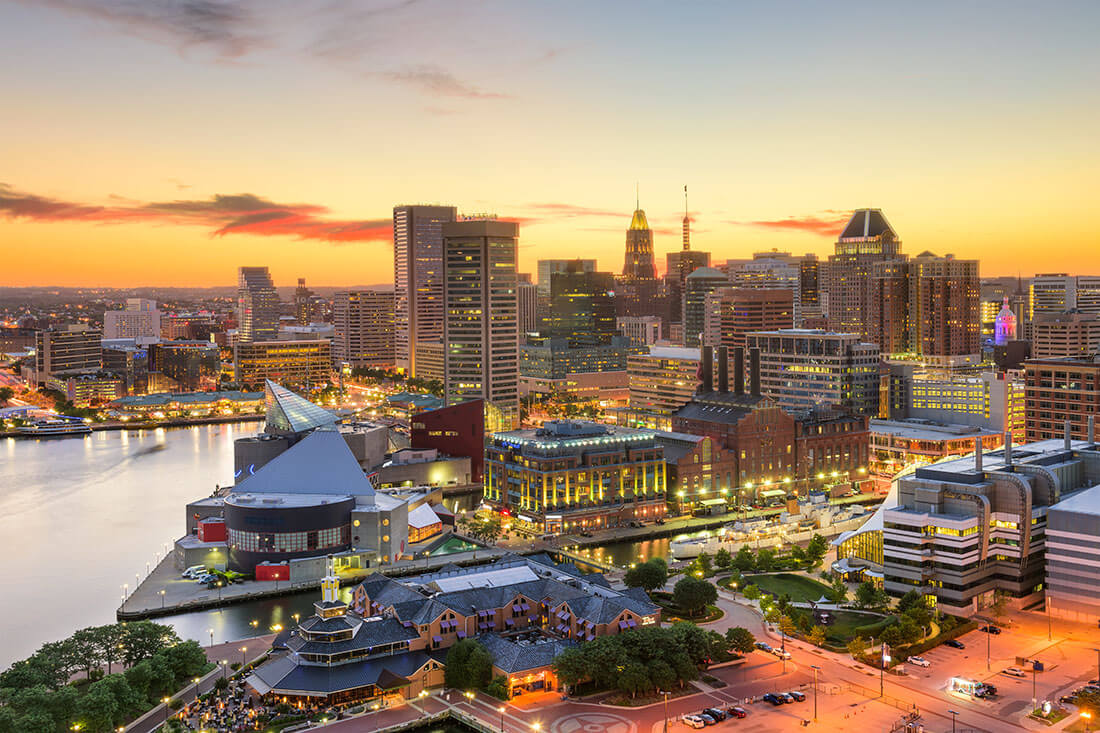Friday Five
Feb. 27, 2026 | This week's latest on Maryland business and government
1 — New legislation could raise costs for consumers
Maryland lawmakers are weighing a proposal to eliminate the state’s long-standing cap on non-economic damages, which currently limits awards for intangible harms and increases modestly each year, while leaving economic damages uncapped. Business advocates, including leaders in the trucking industry, warn that removing the cap could spur larger “nuclear” verdicts, drive up insurance premiums by double digits and increase costs across industries that rely on transportation. They argue the ripple effects would ultimately raise prices for Maryland consumers and further the strain on the state's business climate.
Key takeaway: We know how challenging a business climate Maryland already has, with its taxes, fees and regulatory structure. We cannot afford to be at an even greater disadvantage by adding yet another barrier to business.
2 — U.S. Supreme Court rules against Trump’s tariffs in 6-3 opinion, dealing blow to trade agenda
In a 6-3 decision, the U.S. Supreme Court ruled that President Trump exceeded his authority by using the International Emergency Economic Powers Act (IEEPA) to impose broad tariffs, holding that only Congress has the constitutional power to levy such taxes and invalidating key parts of his trade policy. The ruling strips away a major pillar of the administration’s tariff regime and raises legal and economic questions about refunds for duties already collected, even as the White House explores alternative statutory authorities to impose tariffs going forward.
Maryland's demands: Governor Moore, along with the state’s top fiscal leaders — all Democrats — demanded President Trump pay back every Maryland household $1,744 following the Supreme Court's tariff ruling last week.
3 — Ferguson: ‘Window of opportunity has closed’ on redistricting
Senate President Bill Ferguson has signaled that efforts to enact mid-cycle congressional redistricting in Maryland have essentially stalled, with the deadline for action having passed and little support emerging in the Senate to take up or advance a new map. Despite earlier moves by a governor-led advisory commission and a House passage of a proposed plan, Democratic leadership in the Senate resists moving forward, leaving the current district lines in place for now.
Deadline passed: Maryland’s campaign filing deadline was Tuesday, Feb. 24 — a date widely viewed as sacrosanct when it comes to making any changes to congressional district lines.
4 — There are already winners in the 2026 Maryland elections
Dozens of races in Maryland’s 2026 election cycle are already uncontested because candidates filed with no opposition by the deadline, meaning several incumbents and local officeholders — from Attorney General Anthony Brown to multiple county clerks and school board members — will effectively retain or assume their seats. In jurisdictions across the state, including Anne Arundel, Baltimore, Howard and Cecil Counties, a handful of local posts are already decided due to a lack of challengers, leaving voters with fewer contested races this year.
Final results: Election results will be certified on Friday, Nov. 13.
5 — Supreme Court takes up climate case testing local lawsuits against oil companies
U.S. justices agreed to review a high‑stakes climate change lawsuit brought by Boulder, Colo. and surrounding counties against major oil producers like ExxonMobil and Suncor, who are seeking to block the case from going forward under state law. At issue is whether federal environmental law and national energy policy should preempt these local claims for damages tied to climate impacts, a decision that could reshape dozens of similar lawsuits nationwide and determine whether states and cities can pursue climate liability cases in their own courts.
Where we stand: A growing patchwork of state and local climate liability claims could create inconsistent legal standards, drive up costs and risk undermining Maryland’s business climate.
Advancing inclusive partnerships for a Maryland where all businesses and their communities thrive
The Maryland Chamber of Commerce is the state’s leading business advocacy organization — committed to working with our alliance of partners on critical public policy issues. With a focus on economic development and grassroots advocacy, we impact policies that directly affect Maryland business.

